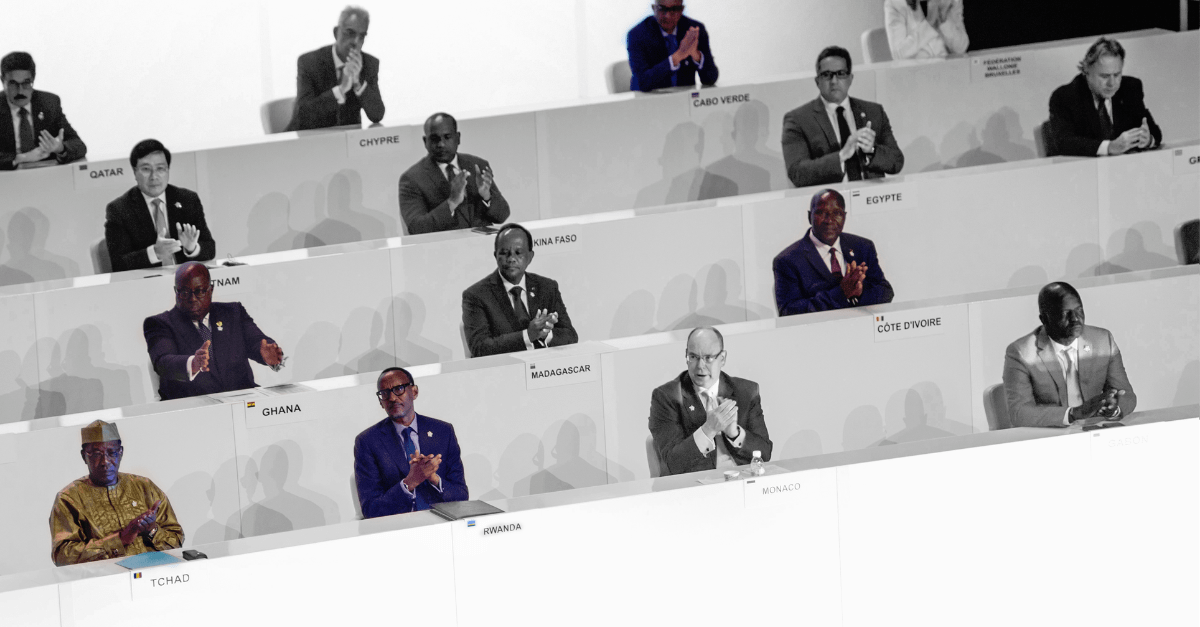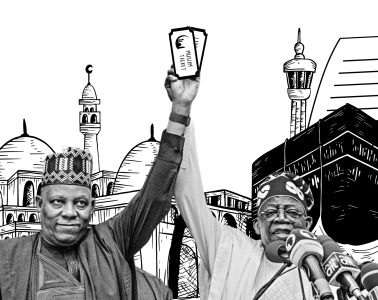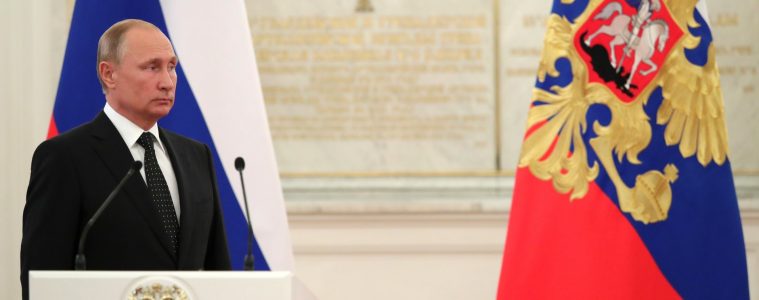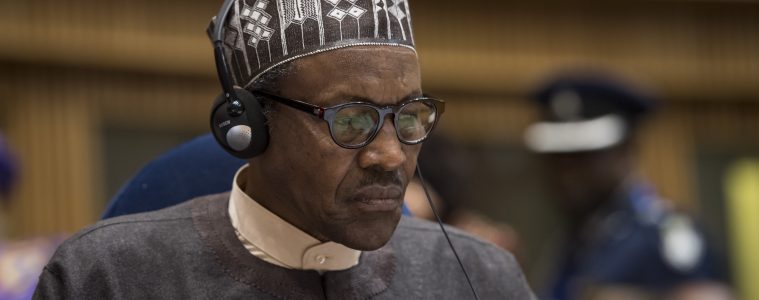- Home
- Best of 2023
- Countries
- Log In
- First Draft
- The Black Atlantic
- Newsletters
- Podcasts
- Shop
- Archive
- Submissions
- Support The Republic
- Archive
- The Republic V3, N1
- The Republic V3, N2
- The Republic V3, N3
- The Republic V4, N1
- The Republic V4, N2
- The Republic V4, N3
- The Republic V4, N4
- The Republic V5, N1
- The Republic V5, N2
- The Republic V5, N3
- The Republic V5, N4
- The Republic V6, N1
- The Republic V6, N2
- The Republic V6, N3
- The Republic V7, N1
- The Republic V7, N2
- The Republic V7, N3
- The Republic V7, N4
- Subscribe
Gbọ́láhàn Adébíyì
Gbọ́láhàn Adébíyì
is a writer and media practitioner who studies History at the University of Ìbàdàn. His other keen interests are in African foreign affairs, art and philosophy.








